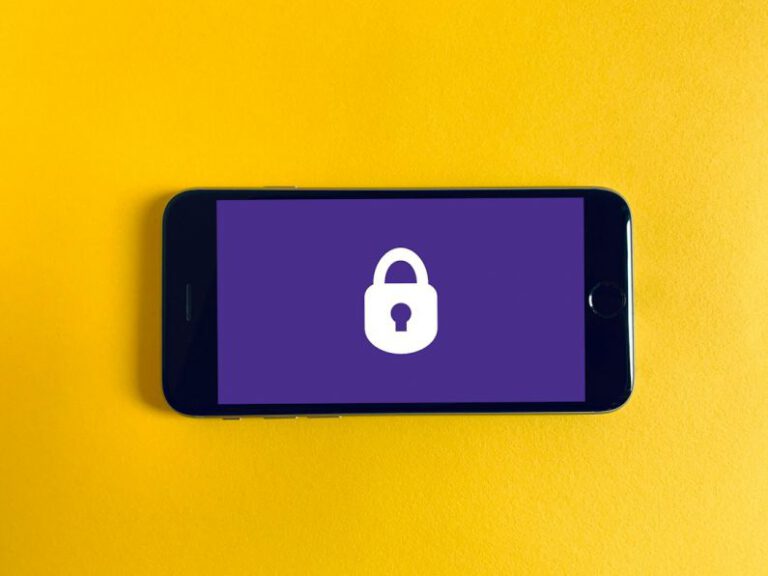How to Secure Your Personal Data Online?
In today’s digital age, our personal data is more vulnerable than ever. With cybercrime on the rise, it is crucial to take steps to protect our personal information online. From financial details to sensitive emails, our data is constantly at risk of being compromised. In this article, we will discuss some effective ways to secure your personal data online and minimize the chances of falling victim to cyber threats.
Use Strong and Unique Passwords
One of the simplest yet most effective ways to secure your personal data online is by using strong and unique passwords. Avoid using common passwords like “123456” or “password,” as these are easy for hackers to crack. Instead, create a password that is a combination of upper and lower case letters, numbers, and special characters. Additionally, make sure to use a different password for each online account to minimize the potential damage if one account gets compromised.
Enable Two-Factor Authentication
Two-factor authentication adds an extra layer of security to your online accounts. It requires you to provide two pieces of information to verify your identity, usually a password and a unique code sent to your mobile device. By enabling this feature, even if your password gets stolen, hackers will still need access to your mobile device to gain entry to your account. Many popular online services, such as email providers and social media platforms, offer two-factor authentication as an option. Make sure to take advantage of this feature whenever it is available.
Be Cautious of Phishing Attempts
Phishing is a common cyber attack where hackers attempt to trick you into revealing sensitive information, such as passwords or credit card details, by posing as a trustworthy entity. They often do this through emails, messages, or fake websites that mimic legitimate ones. To protect yourself from phishing attempts, always double-check the sender’s email address, be cautious of unsolicited emails asking for personal information, and avoid clicking on suspicious links. When in doubt, contact the organization directly to verify the legitimacy of the request.
Keep Software and Operating Systems Up to Date
Regularly updating your software and operating systems is crucial for maintaining the security of your personal data. Software updates often include important security patches that fix vulnerabilities that could be exploited by hackers. Enable automatic updates whenever possible or set reminders to manually update your devices and software. By keeping everything up to date, you minimize the risk of falling prey to cyber threats.
Use a Virtual Private Network (VPN)
A VPN encrypts your internet connection and masks your IP address, making it harder for hackers to intercept your data. It creates a secure and private tunnel between your device and the internet, ensuring that your online activities remain private and protected. When using public Wi-Fi networks, such as those in coffee shops or airports, it is especially important to use a VPN to prevent unauthorized access to your personal data.
Conclusion: Protect Your Personal Data Online
Securing your personal data online is a vital step in safeguarding your identity and privacy. By following these tips, you can significantly reduce the risk of falling victim to cybercrime. Remember to use strong and unique passwords, enable two-factor authentication, be cautious of phishing attempts, keep your software up to date, and use a VPN when necessary. By taking these precautions, you can enjoy a safer and more secure online experience.






